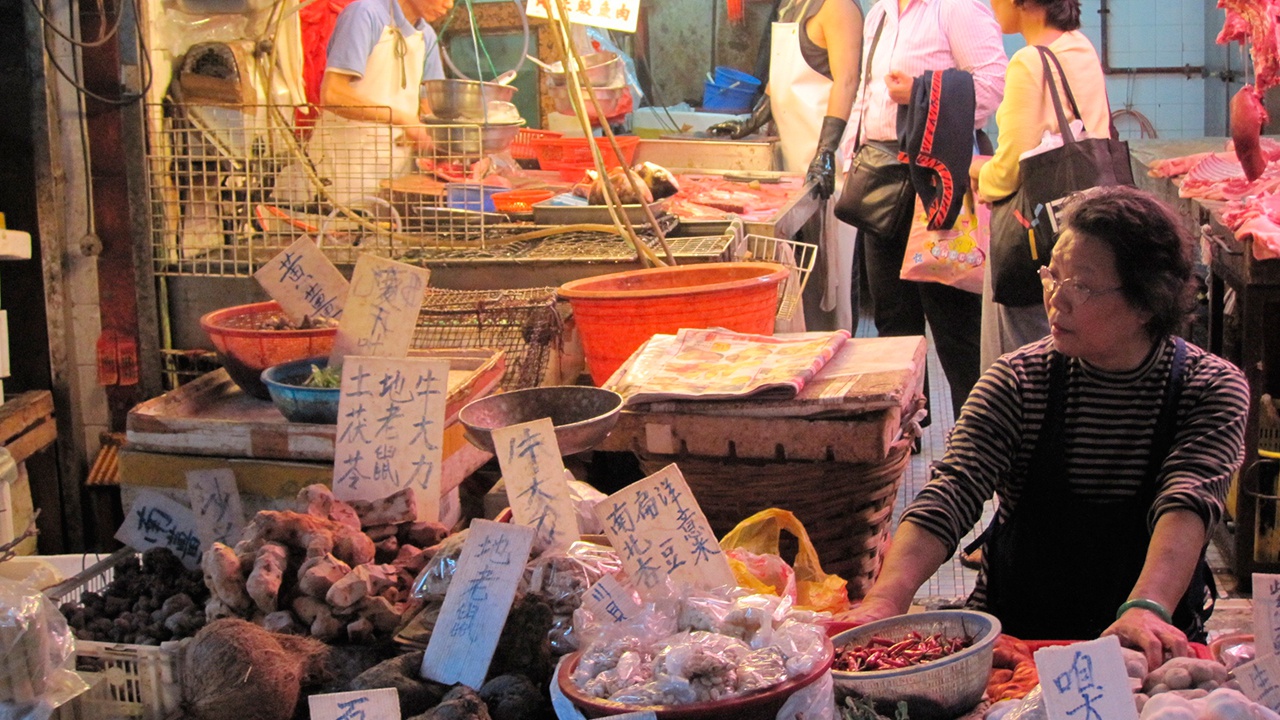China is a country with a lot of history, and the Chinese people are very proud of their food and cooking superstitions, which often goes hand-in-hand with traditional Chinese medicine.
These Chinese food and cooking superstitions might seem nonsensical, disgusting or weird to a tame Western audience. But these superstitions have a lot of meaning to the Chinese people, whether it’s for symbolic reasons, pseudo-scientific medical reasons, or luck-related reasons.
That’s not to suggest all Chinese people fully embrace these food and cooking superstitions — some of these traditions have received push back from the younger generation.
But whether you’re interested in international food, or you plan on traveling to China, you should still be aware of these weird Chinese food and cooking superstitions.
Longevity noodles
Longevity noodles, also known as changshou mian, are up to 2 feet long to represent the long life you hope to have. And the longer your noodle, the luckier you will be. But you’re in trouble if you accidentally break a noodle while cooking it because that represents cutting your life short. They’re typically eaten on birthdays and during Chinese New Year.
Obscure animal parts
Some Chinese people, particularly the older generations of Chinese people, believe that obscure and rare animal parts may offer health benefits. For example, to cure erectile dysfunction, you can eat a tiger’s phallus. To make yourself smarter, just eat a monkey brain.
According to a Times report in 2016:
Business is good at the Guo Lizhuang penis restaurant, which has 19 outlets across China. At Zhang’s branch, in Beijing’s well-heeled Sanlitun neighborhood, tables are booked weeks in advance, and the overwhelmingly male patrons of late middle age typically part with several hundred dollars for dishes that they believe will restore masculine or “yang” energy and, in turn, libido and sexual virility. A bull’s penis comes cheapest at 200 renminbi ($30); the most coveted is a fur seal’s penis at 2,800 renminbi ($400). “Fur-seal penis is the most expensive as it has lots of elements that are good for the body,” says Zhang, “but it’s also quite mild so you don’t get the inner fire.”
Obviously, not all Chinese people adhere to this old Chinese superstition, and it’s outlawed for the most part, but that doesn’t stop some old-fashioned Chinese from chowing down on these rare animal parts.
Virgin boy eggs
Yep, it's not an urban legend. Virgin boy eggs are a traditional dish of Dongyang, Zhejiang dating back centuries, and it has been listed by officials in China as a part of the region's "local intangible cultural heritage." As the name hints, these are eggs boiled in the urine of peasant boys under the age of ten, and Chinese people believe eating them helps with blood circulation among a range of other health benefits. Here is how they are prepared:
The dish is prepared by first soaking the eggs in the urine of young boys. The urine is sourced locally by each vendor. Then the mixture is heated over a stove. After boiling, the egg shells are cracked around the entire surface of the egg. Afterwards, the eggs are placed back into the urine. The used urine is then replaced with fresh urine and the process is repeated. The soaking process allows the eggs to become cured in the urine as they are left to simmer. The entire process is generally a day-long endeavor. When finished, the eggs' whites have a pale golden hue and the yolks turn green
Ordering seven dishes
It’s considered unlucky to order seven dishes in China because seven-course meals are associated with funerals in China. Additionally, the funeral ceremony itself is usually carried out over seven days.
The wet market
If you’re walking around the streets of China, you might accidentally stumble into a wet, smelly, area with dead animal carcasses and flies buzzing around. That’s the typical Chinese wet market. A wet market is essentially a place where you can buy fresh produce and meat, often from local farmers. The Chinese people believe it’s healthy to eat “fresh” food from the wet market. However, despite the purported healthy nature of wet markets, it’s definitely not recommended for faint-of-heart vegetarians and vegans.
Nian Gao (Glutinous Rice Cake)
Nian Gao is a Chinese cuisine is typically eaten during Chinese New Year. It’s a good luck food and its name implies that you’ll receive more prosperity each year. It’s also popular as a gift during Chinese New Year.
Chinese New Year porridge
You should refrain from eating porridge during the Chinese New Year because it’s considered bad luck. Like in the west, porridge has associations with poor people, and the Chinese don’t want to start the new year by being “poor.”
Hot and cold foods
In China, there is superstition surrounding the supposed health benefits of hot and cold foods. The Chinese believe there is an inner balance between cold and hot in your body (yin and yang), which needs to be regulated by eating either warm or cool foods. However, warm and cool foods doesn’t necessarily mean hot and cold — certain foods have a warm/cool energy. It’s a complicated theory that’s based on centuries of practical use.
 |
 DMT Has Friends For Me Shirt $21.68 |
 |



